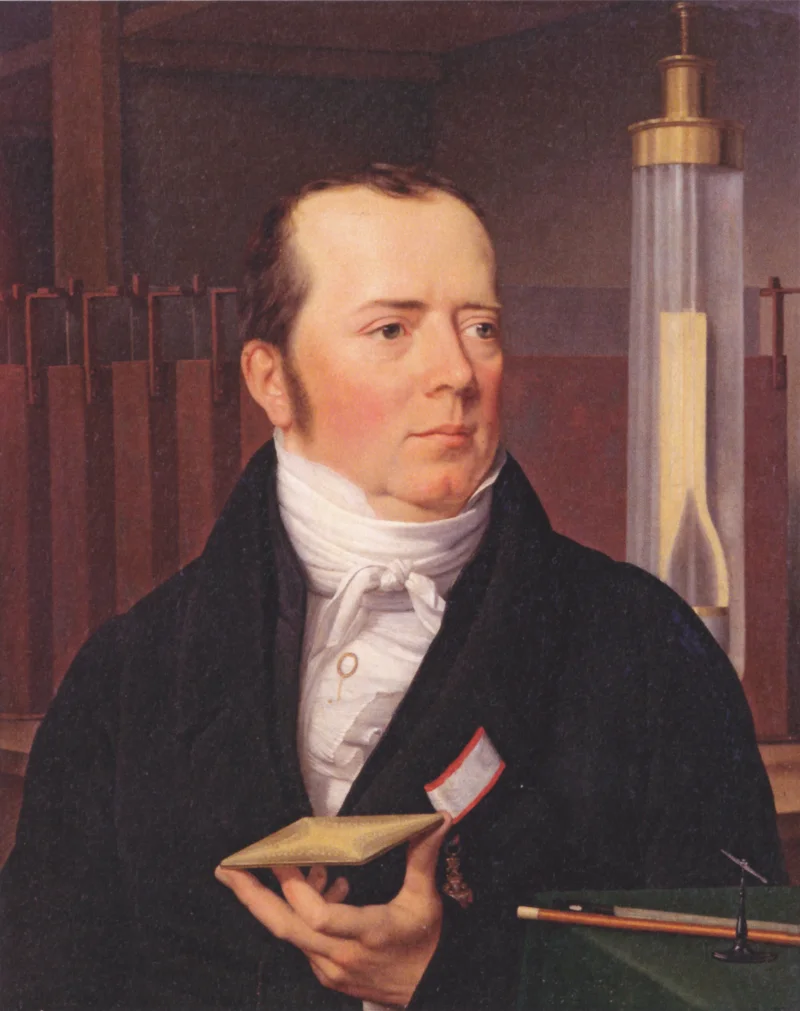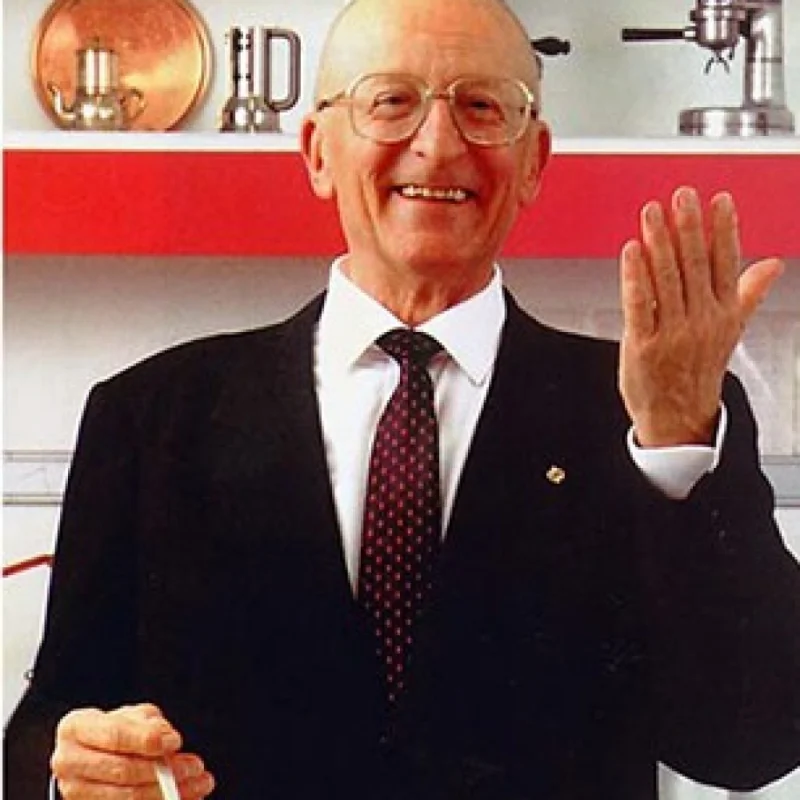Short Summary
James Black was a celebrated Scottish pharmacologist renowned for his groundbreaking contributions to medicine. He is best known for developing beta-blockers and H2 receptor antagonists, which revolutionized the treatment of heart disease and stomach ulcers. His work earned him the Nobel Prize in Physiology or Medicine in 1988, cementing his place as a pivotal figure in pharmaceutical science. His discoveries significantly improved the quality of life for millions, leaving a lasting legacy in the field of medical research.
Early Life & Education
Born on June 14, 1924, in Uddingston, Scotland, James Black grew up in a modest family. His father was a mining engineer, which introduced him to the world of science and technology. Black attended Beath High School before gaining a scholarship to study medicine at the University of St Andrews. His early exposure to the scientific community and his academic pursuits in medicine laid the foundation for his future career. The rigorous education and mentorship he received at university played a crucial role in shaping his innovative approach to pharmacology.
Career Highlights
James Black began his illustrious career at the University of Glasgow, where he established the Department of Physiology. It was during his time at ICI Pharmaceuticals that he made his first major breakthrough by developing propranolol, the first successful beta-blocker. This was followed by his work at Smith, Kline & French, where he developed cimetidine, an H2 receptor antagonist that transformed the treatment of peptic ulcers. His career was marked by a focus on understanding the mechanisms of disease and developing targeted therapies, which set new standards in pharmacological research.
Major Achievements
- Developed propranolol, the first beta-blocker, which revolutionized the treatment of heart conditions.
- Created cimetidine, a groundbreaking drug for the treatment of peptic ulcers, significantly improving patient outcomes.
- Awarded the Nobel Prize in Physiology or Medicine in 1988 for his innovative contributions to drug development.
- Appointed Knight Bachelor in 1981 for his services to medical science.
- Held prestigious academic positions, including Professorships at University College London and King's College London.
Famous Quotes
- "The most fruitful basis for the discovery of a new drug is to start with an old drug."
- "I used to think that the human brain was the most fascinating part of the body. Then I realized, what is telling me that?"
Interesting Facts
- James Black initially considered a career in music before choosing medicine.
- He worked with animal models to develop his revolutionary drugs, which was a novel approach at the time.
- Black's innovations were driven by his personal interest in understanding the underlying mechanisms of diseases.
- He was a proponent of rational drug design, which focuses on targeted therapy development.
- Despite his scientific achievements, he remained a humble and approachable figure to his peers and students.
Legacy / Influence
James Black's pioneering work in pharmacology has left an indelible mark on the field of medicine. His contributions have saved countless lives and improved the management of chronic conditions such as heart disease and ulcers. His approach to drug development paved the way for modern pharmacological research, influencing generations of scientists. His legacy continues to inspire innovation and excellence in medical science.
FAQ
Q: Why is James Black famous?
A: He is famous for developing beta-blockers and H2 receptor antagonists, which transformed the treatment of heart disease and ulcers.
Q: What awards did James Black receive?
A: He received the Nobel Prize in Physiology or Medicine in 1988 and was knighted in 1981.
Q: What was James Black's approach to drug development?
A: He focused on rational drug design, using an understanding of disease mechanisms to create targeted therapies.
Q: What impact did his work have on medicine?
A: His work revolutionized the treatment of heart disease and ulcers, improving patient outcomes worldwide.











